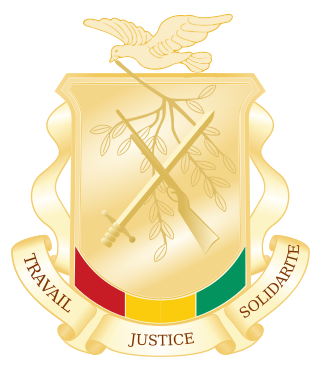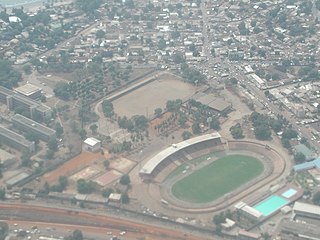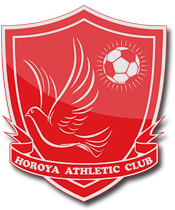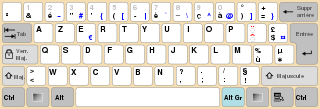
Guinea, officially the Republic of Guinea, is a coastal country in West Africa. It borders the Atlantic Ocean to the west, Guinea-Bissau to the northwest, Senegal to the north, Mali to the northeast, Cote d'Ivoire to the southeast, and Sierra Leone and Liberia to the south. It is sometimes referred to as Guinea-Conakry after its capital Conakry, to distinguish it from other territories in the eponymous region such as Guinea-Bissau and Equatorial Guinea. Guinea has a population of 13.5 million and an area of 245,857 square kilometres (94,926 sq mi).

The Guinean Armed Forces are the armed forces of Guinea. They are responsible for the territorial security of Guinea's border and the defence of the country against external attack and aggression.

Conakry is the capital and largest city of Guinea. A port city, it serves as the economic, financial and cultural centre of Guinea. Its population as of the 2014 Guinea census was 1,660,973.

Ahmed Sékou Touré was a Guinean political leader and African statesman who became the first president of Guinea, serving from 1958 until his death in 1984. Touré was among the primary Guinean nationalists involved in gaining independence of the country from France. He would die in the United States in 1984.

Boubacar Diallo Telli was a Guinean diplomat and politician. He helped found the Organisation of African Unity (OAU) and was the second secretary-general of the OAU between 1964 and 1972. After serving as Minister of Justice in Guinea for four years he was executed by starvation by the regime of Ahmed Sékou Touré at Camp Boiro in 1977.
Bembeya Jazz National is a Guinean jazz group that gained fame in the 1960s for their Afropop rhythms. They are considered one of the most significant bands in Guinean music. Many of their recordings are based on traditional folk music in the country and have been fused with jazz and Afropop style. Featuring guitarist Sekou "Diamond Fingers" Diabaté, who grew up in a traditional griot musical family, the band won over fans in Conakry, Guinea's capital city, during the heady days of that country's newfound independence. Bembeya Jazz fell onto harder times in the 1980s and disbanded for a number of years, but reformed in the late 1990s and toured Europe and North America in the early 2000s.

Stade du 28 Septembre is a multi-purpose stadium in Conakry, Guinea. It is currently used mostly for football matches. The stadium has a capacity of 25,000 people.

Islam is the main religion in Guinea, followed by an estimated 90% of the population as of 2022. "Most are Sunnis who follow the Maliki legal tradition and Qadiri and Tijani Sufi orders."

Horoya Athletic Club, also known as Horoya Conakry or H.A.C., is a Guinean football club based in Conakry, Guinea. The club plays in the Ligue 1 Pro, the top tier in the Guinean football league system. It was founded in 1975.

The Susu people are a Mande-speaking ethnic group living primarily in Guinea and Northwestern Sierra Leone, particularly in Kambia District. Influential in Guinea, smaller communities of Susu people are also found in the neighboring Guinea-Bissau and Senegal.

The following outline is provided as an overview of and topical guide to Guinea:
Camp Boiro or Camp Mamadou Boiro (1960–1984) is a defunct Guinean concentration camp within Conakry city. During the regime of President Ahmed Sékou Touré, thousands of political opponents were imprisoned at the camp. It has been estimated that almost 5,000 people were executed or died from torture or starvation at the camp. According to other estimates, the number of victims was ten times higher: 50,000.

The Republic of Guinea is a multilingual country, with over 40 languages spoken. The official language is French, which was inherited from colonial rule.

Ismaël Touré was a Guinean political figure and the half brother of President Ahmed Sékou Touré. He was the chief prosecutor at the notorious Camp Boiro.
Jean-Paul Alata was a Frenchman who was a political prisoner in Camp Boiro, Guinea from January 1971 to July 1975, later writing a book about his experience which was banned by the French government.
The following is a timeline of the history of the city of Freetown, Sierra Leone.
Aboubacar Demba Camara was a Guinean singer and songwriter. He led the band Bembeya Jazz National from 1963 until his death.
The following is a timeline of the history of the city of Lomé, Togo.
The following is a timeline of the history of the city of Bamako, Mali.

The 1984 Guinean coup d'état was the bloodless military coup that took place in Guinea on 3 April 1984, led by Colonel Lansana Conté. It led to the deposition of Prime Minister Louis Lansana Beavogui, who had held the office since 1972, and had been serving as interim president since March, when longtime President Ahmed Sékou Touré died during an emergency heart operation at the Cleveland Clinic in the United States.













